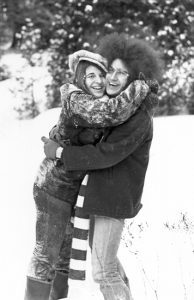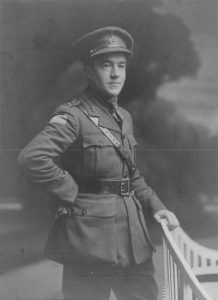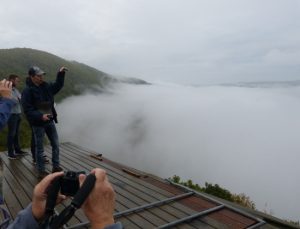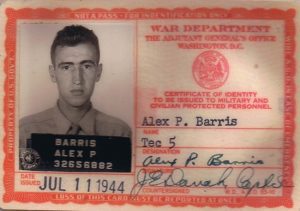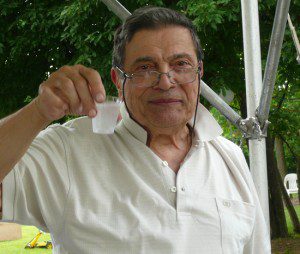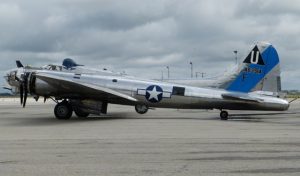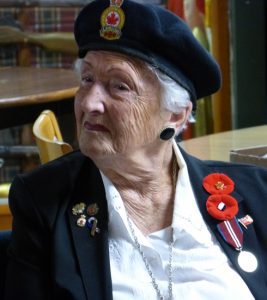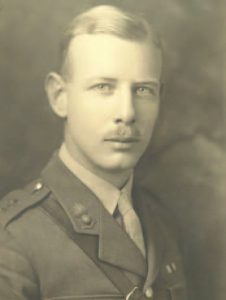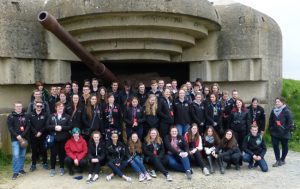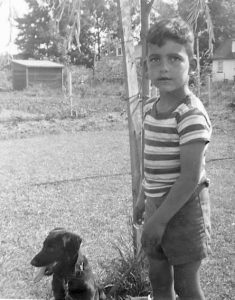
It was a reflex. An involuntary response. It’s what I’ve always done when it starts to thunder or rain really heavily, like it did the other evening. It was during that thaw Monday night when all of a sudden we got a cloud burst over the house. Being in my office upstairs, and close to top of the house, as soon as I heard the rain begin to pound on the roof, I pushed my desk chair back, turned for the door and called out.
“It’s OK, Bud,” I said. Then, I stopped myself. (more…)
